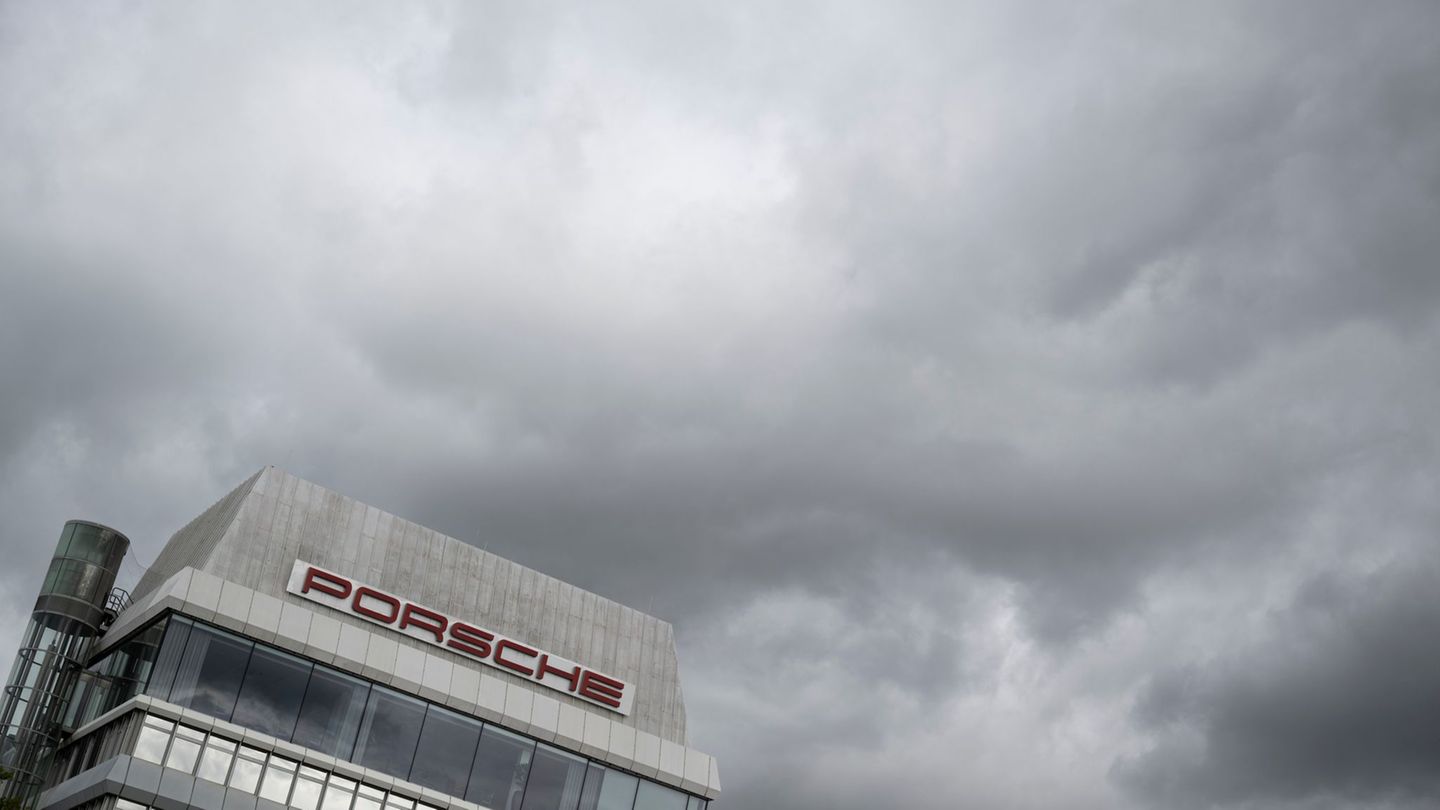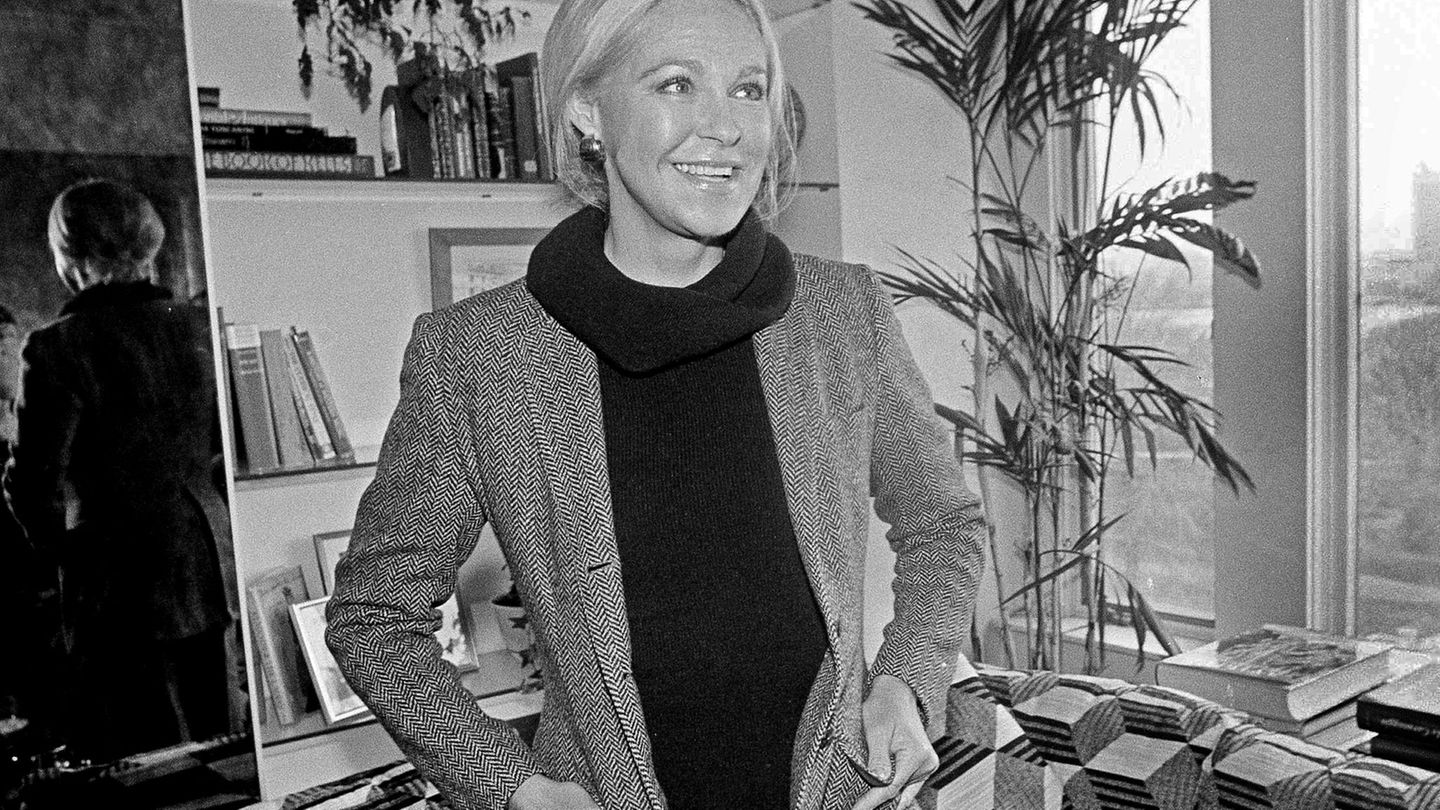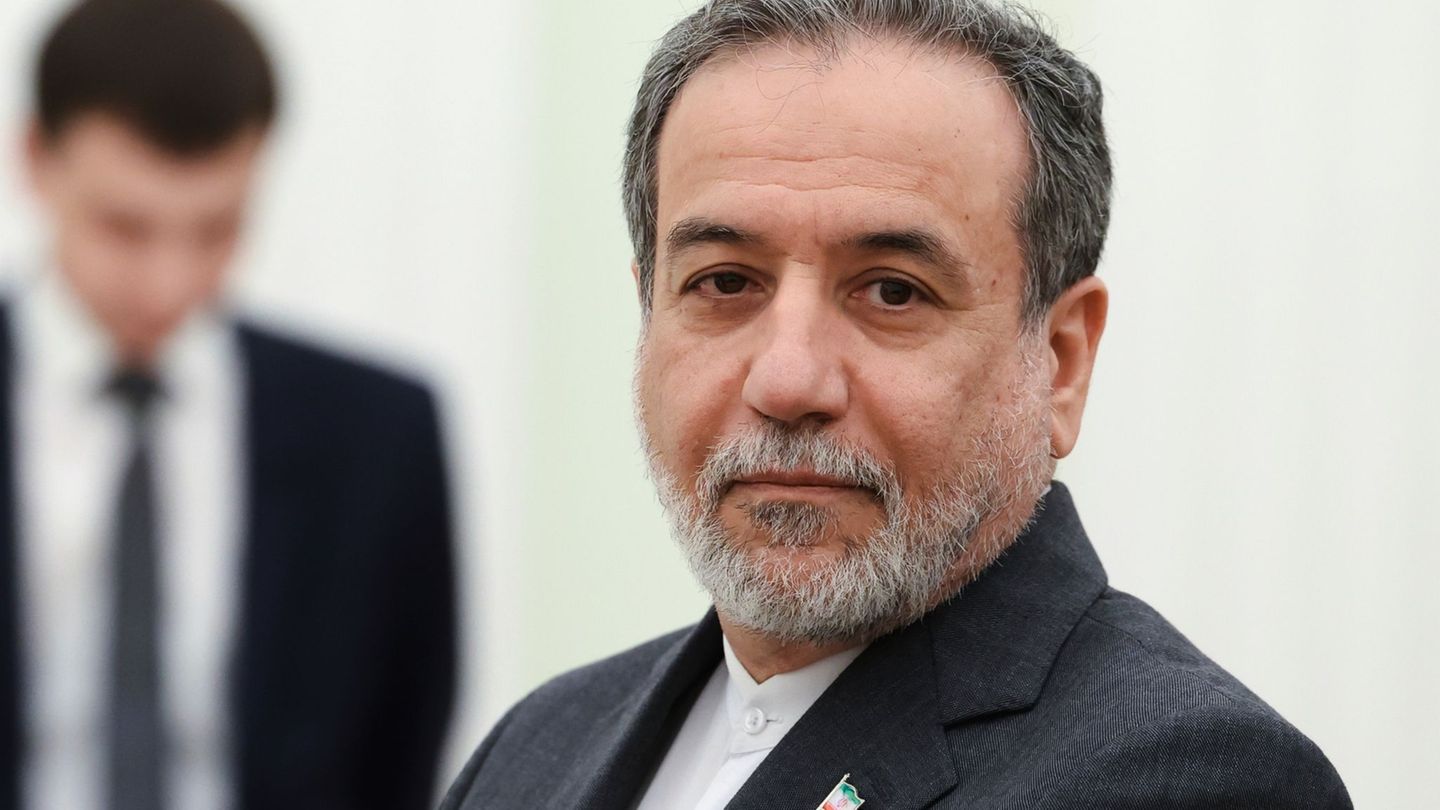I have been working in the news industry for over 6 years, first as a reporter and now as an editor. I have covered politics extensively, and my work has appeared in major newspapers and online news outlets around the world. In addition to my writing, I also contribute regularly to 24 Hours World.
Menu
Nuclear discussions: Iran checks return to the negotiating table for US attacks
Categories
Most Read
Colombia accuses USA of shooting down boat – White House reacts
October 9, 2025
No Comments
US President: White House: Trump for a health check on Friday
October 9, 2025
No Comments
Israel and Hamas agree on first phase of Trump’s peace plan
October 9, 2025
No Comments
The situation at a glance: Trump is considering traveling to Middle East talks this weekend
October 8, 2025
No Comments
Donald Trump: Mayor of Chicago calls US president “unstable”
October 8, 2025
No Comments
Latest Posts

Automotive industry: Porsche sales continue to decline – China remains a problem child
October 9, 2025
No Comments
AngelicaI am an author and journalist who has written for 24 Hours World. I specialize in covering the economy and write about topics such as

People: Reports: Joan Kennedy is dead
October 9, 2025
No Comments
Lisa HarrisI am an author and journalist who has worked in the entertainment industry for over a decade. I currently work as a news editor

Tariffs weigh on: German exports to the USA fall for the fifth month in a row
October 9, 2025
No Comments
AngelicaI am an author and journalist who has written for 24 Hours World. I specialize in covering the economy and write about topics such as
24 Hours Worlds is a comprehensive source of instant world current affairs, offering up-to-the-minute coverage of breaking news and events from around the globe. With a team of experienced journalists and experts on hand 24/7.

